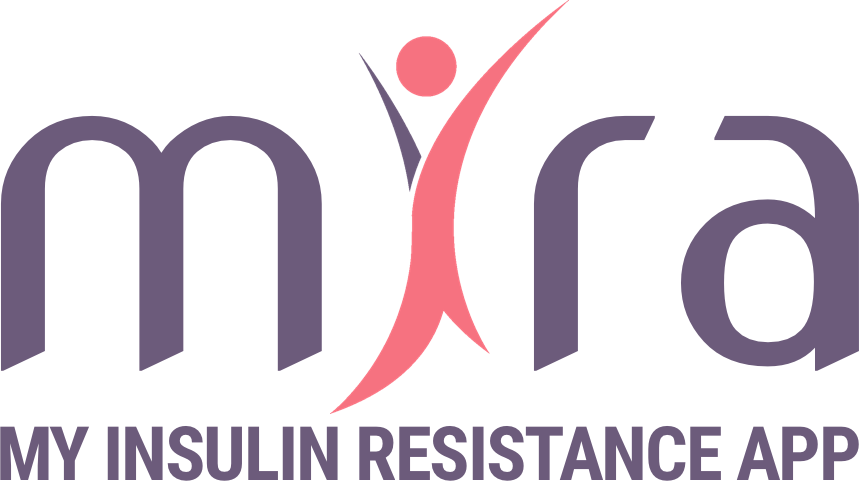
Why Dieting Isn't Enough to Treat Your Insulin Resistance
When managing insulin resistance (IR), focusing solely on diet isn't enough. While a balanced diet is crucial, other factors like stress management, physical activity, sleep, and mental balance play significant roles in effectively managing this condition. Here's why a comprehensive approach is essential:

Stress management
is a critical component in controlling insulin resistance. Chronic stress triggers the release of cortisol, a hormone that increases blood sugar levels and can exacerbate insulin resistance. Studies have shown that individuals under chronic stress have higher levels of glucose and insulin in their bloodstream. By incorporating stress-relief techniques such as meditation, yoga, or deep-breathing exercises into your routine, you can help mitigate these effects. For example, a study published in the
Journal of Clinical Endocrinology & Metabolism found that stress reduction practices significantly improved insulin sensitivity in participants. One of our clients in Hungary, Zsuzsanna, had high stress because of her job. She sent us a message about why her numbers are bad although she follows a strict diet. She had filled up our
macrobiotic questionnaire with over 180 questions about her life, and we realized she has heavy stress at work, and does not use any technique to cope with that. After watching our Mastering Stress video series on
Mira Health App
she immediately found improvement in her blood sugar levels and overall well-being.

Physical activity is another vital element in managing IR. Regular exercise enhances insulin sensitivity by helping your muscles use glucose more effectively. Engaging in activities like walking, cycling, or strength training can significantly improve your body's insulin response. The Journal of Diabetes Research reports that combining regular physical activity with dietary changes leads to better management of insulin resistance compared to diet alone. Exercise not only helps in reducing blood sugar levels but also aids in weight management, which is crucial for controlling IR. Andrea, who gained a lot of weight after pregnancy, had been battling insulin resistance as well. With her we started to implement a 10 minutes daily endurance exercise at home, which was already a big thing being home with a small baby. The first changes came in her daily mood. It totally stopped swinging, also her blood sugar stabilized. With her we haven’t started a weight loss program yet as she is still breastfeeding but at least she isn’t gaining more weight.

Sleep
is the first and most important factor to treat IR, no, not the diet! If you feel tired all the time because you have bad sleep. It is a must to change that right away. The body can’t rejuvenate without good sleep. Adequate and quality sleep is essential for maintaining optimal insulin sensitivity. Sleep deprivation has been shown to impair glucose metabolism and increase insulin resistance. For instance, research published in
Diabetes Care highlights that individuals who get insufficient sleep are more likely to experience impaired insulin sensitivity. Establishing a consistent sleep schedule and creating a restful sleep environment are fundamental steps toward better IR management. Emilie, our French client, is a shift worker. She is overweight and has IR. She has a serious lack of sleep. Honestly the only way to help her was to convince her that if she wants to be better she needs to change her job and work with a normal daytime schedule.

Mental balance and psychological well-being
are interconnected with physical health. Anxiety, depression, and other mental health issues can negatively impact lifestyle choices and adherence to healthy behaviors, thereby worsening insulin resistance. Psychological support, including counseling and cognitive-behavioral therapy, can be instrumental in managing mental health and, by extension, insulin resistance. A holistic approach that addresses both mental and physical health can lead to more effective management of IR. Take Lisa's story, for example. Struggling with anxiety and regular panic attacks, Lisa found it challenging to stick to her health regimen. Through Mira Health's mental wellness programs and regular counseling sessions, she managed to achieve a balanced state of mind, which significantly helped in managing her IR.
Incorporating these elements—stress management, physical activity, adequate sleep, and mental balance—into your daily routine is essential for effectively managing insulin resistance. Diet alone cannot address the complexities of IR. By adopting a comprehensive approach, you can improve your overall health and better manage your condition.
At Mira Health, we emphasize a 360-degree approach to managing insulin resistance, ensuring that all aspects of your well-being are considered. Our programs are designed to provide support in all these areas, helping you achieve lasting health improvements. For more information on managing insulin resistance and our comprehensive health programs, visit Mira Health.
Become a member today!
Join our membership & our community
48 HOURS OFFER!
One month for 79EUR 59EUR
or
6 months for
389 EUR 189EUR
This is not all!
Become a lifetime member
for 189EUR and
get 1 extra coaching session!
Choose your area you want to use your FREE coaching session:
45 min Life coaching with our macrobiotic consultant to support important life changes!
OR
45 min consultation with our Dietitian to help you with your insulin resistance diet!
OR
45 min consultation with our Personal Trainer to set your work out & physical activity plan!
"Before joining the MIRA Health Program, I was constantly exhausted. My energy levels were at an all-time low, and I struggled with weight gain, especially around my midsection. The online course on understanding insulin resistance opened my eyes to what was happening inside my body. With the personalized meal plan and exercise routine, I started to lose weight and regain my energy. Thanks to my coaches, I felt confident again, and I know I always have people around me to help when I feel down."
Anna
"For years, I battled mood swings and frequent headaches. It took me over a year and several doctor visits to discover that I had insulin resistance. I always thought mood swings were just a ‘woman thing.’ My doctor suggested MIRA Health. At first, I only had a consultation with their dietitian, but then they convinced me to join the program. I loved it from day one; the advice was so simple. I realized I wasn’t drinking enough water, I ate too much bread, and I needed to address issues with my boss at work. My Health coach gave me the energy to make these changes, and suddenly, my numbers improved, and my headaches disappeared."
Andrea
"Struggling with weight and self-esteem had been a constant battle for me. The diagnosis of insulin resistance was overwhelming. One of my friends suggested MIRA. I loved the online courses—I think I listened to them all at once. For me, the personal trainer was the breakthrough. She helped me accept my body and gave me a light but consistent HIIT training routine, which, combined with the diet, made me feel more confident."
Sara
"Insomnia and restless nights were taking a toll on me. I was diagnosed with IR a long time ago. I ate healthily and exercised, but nothing changed, so I continued to take medication. One day, a friend suggested MIRA Health, specifically their health consultant. She immediately focused on my sleep, rest, alcohol consumption, and put me on a digital detox. It was tough, but when you’re constantly tired, you know something has to change. Today, I wake up in the morning feeling fresh, and I always remember her advice to drink water, get up without hesitation, and even skip that evening glass of wine."
Michael
Do you want to know more?

Copyright MIRA Health Kft. 2024. All Rights Reserved.
Copyright pictures: Pictures has been made with Midjourney AI